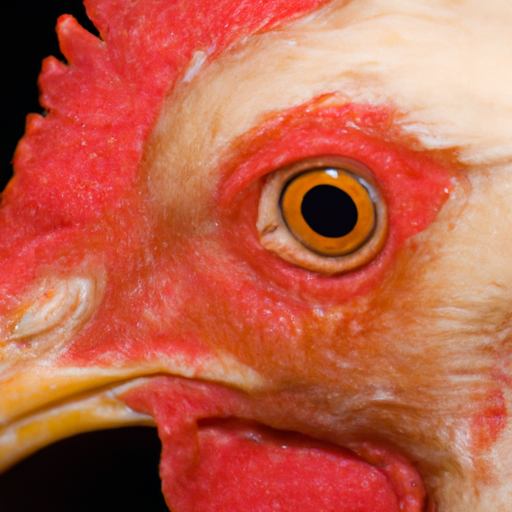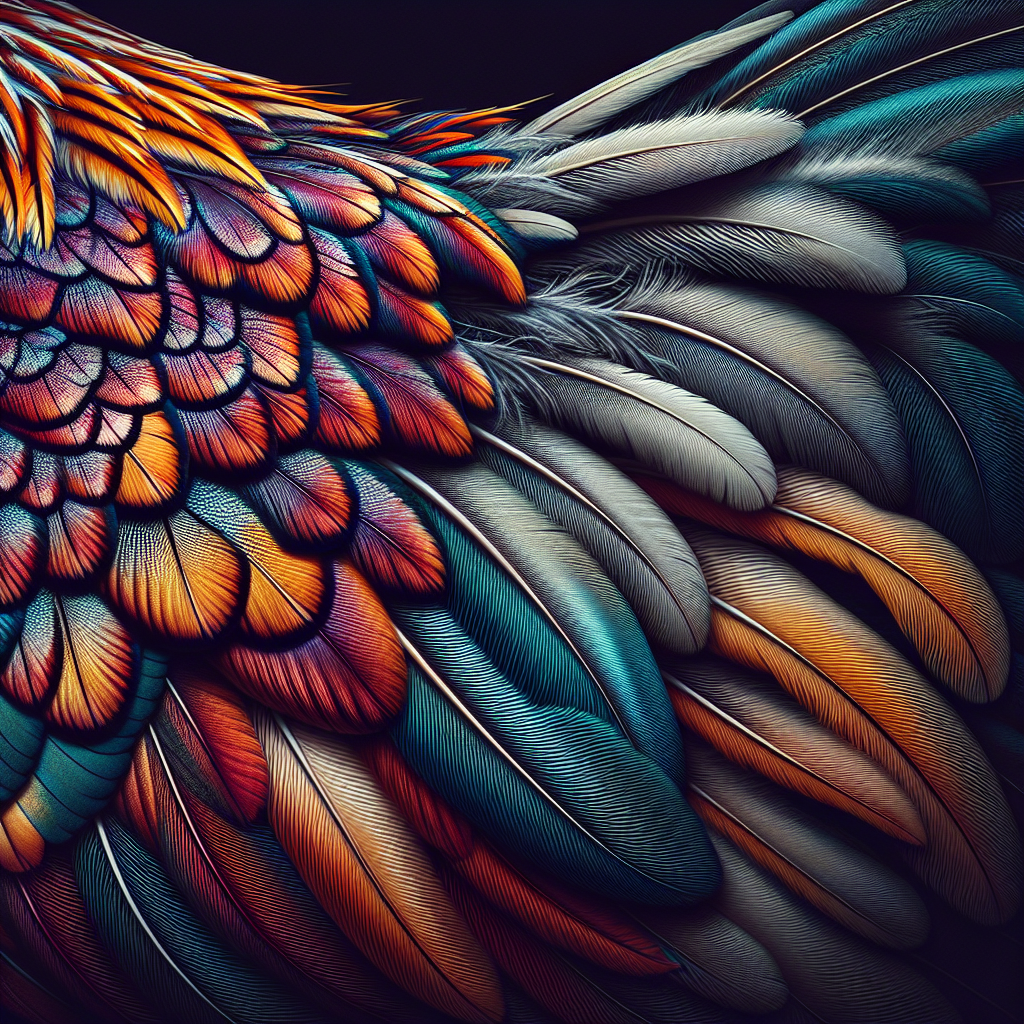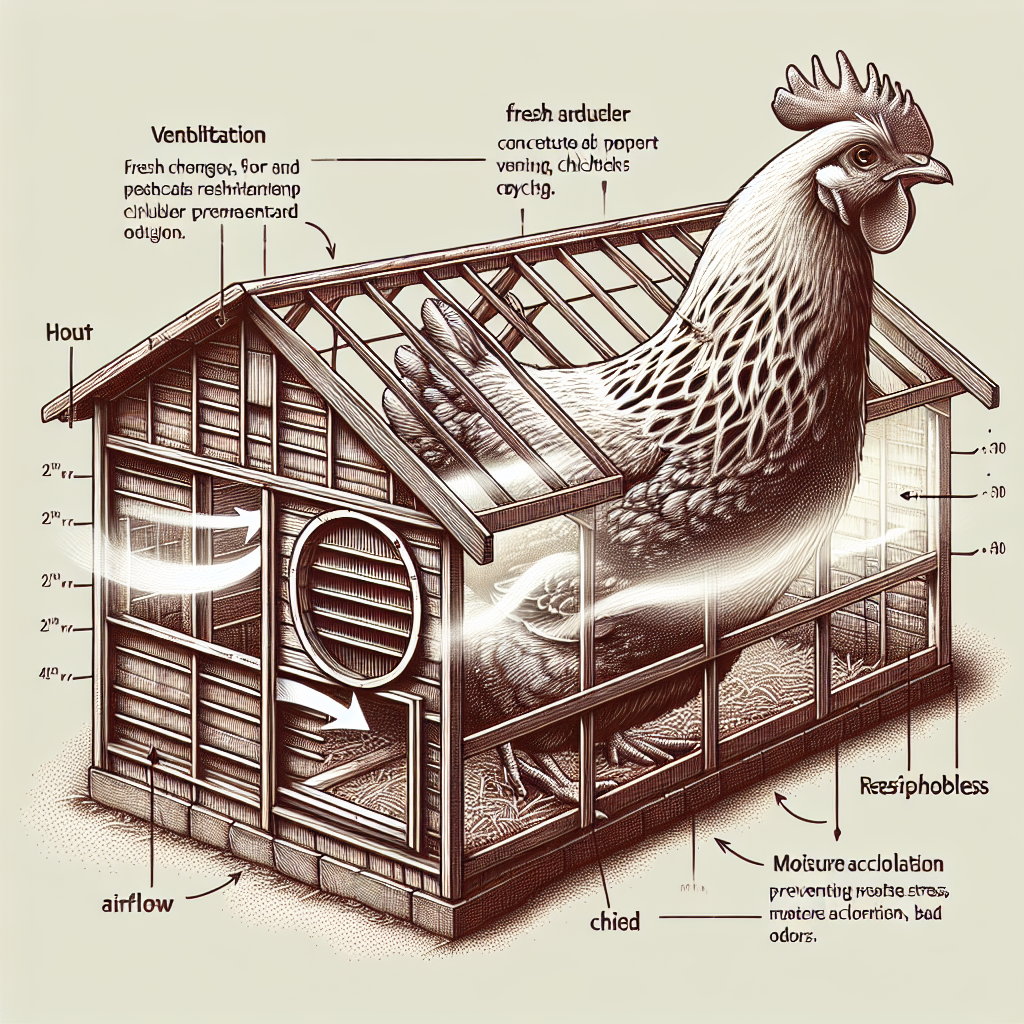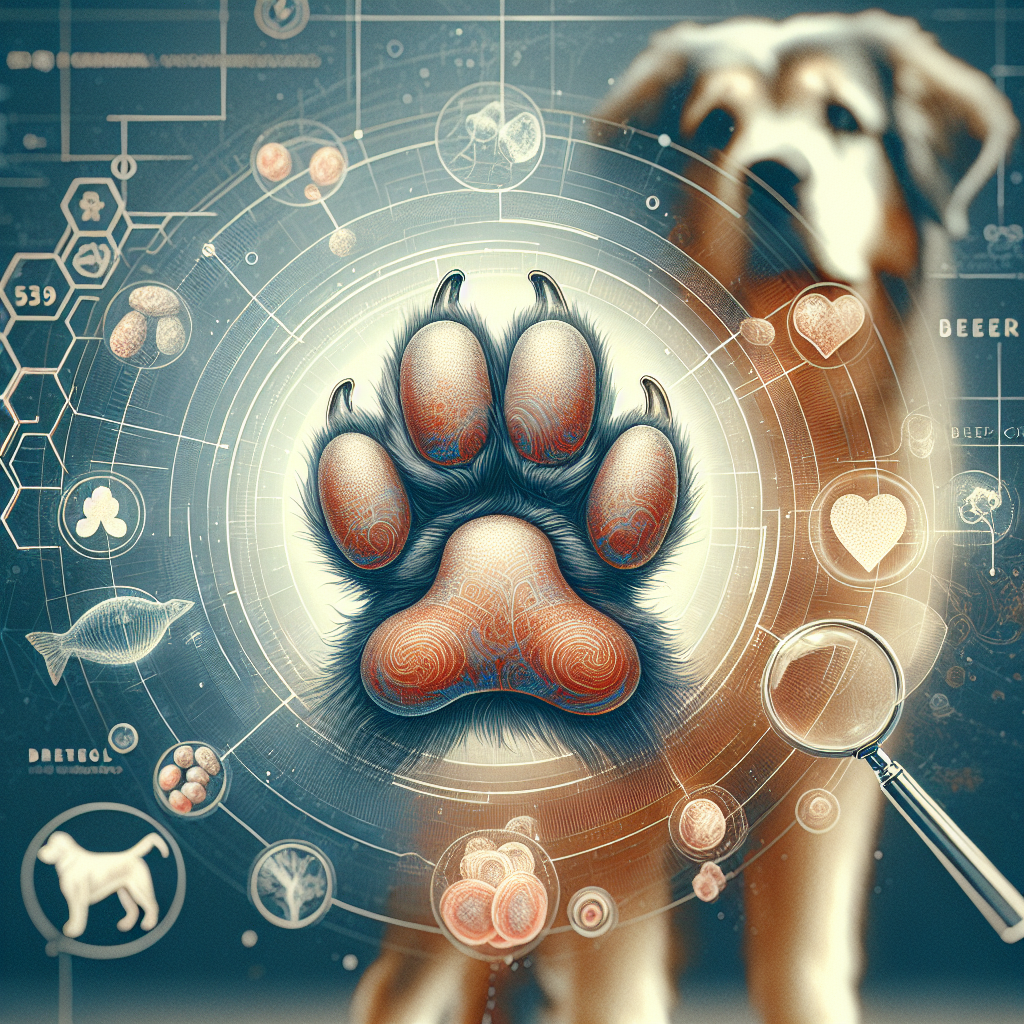In this article, we’ll explore the signs that can indicate nutrient deficiencies in chickens. It’s important to keep a close eye on our feathered friends as they rely on a balanced diet for their optimal health and well-being. By recognizing these signs, we can take the necessary steps to ensure our chickens receive the proper nutrition they need to live happy and healthy lives. So, let’s dive into the world of chickens and uncover the clues that might reveal their nutrient deficiencies. Nutrient deficiencies in chickens can lead to a range of health problems and can have a significant impact on their overall well-being. In this article, we will explore the signs and symptoms of various vitamin and mineral deficiencies in chickens, as well as the potential consequences that these deficiencies can have on their reproductive health, growth, and overall vitality.
Vitamin A Deficiency
Vitamin A plays a crucial role in maintaining healthy eyesight, immune function, and reproduction in chickens. When chickens lack sufficient vitamin A in their diet, it can lead to various health issues. One of the most noticeable signs of vitamin A deficiency is eye abnormalities. Chickens with vitamin A deficiency may develop crusty or watery eyes, and their vision may become impaired. Another consequence of vitamin A deficiency is reproductive problems in hens, which can result in reduced egg production or even infertility. Additionally, chickens with vitamin A deficiency may experience stunted growth, with their overall development being hindered.
Vitamin D Deficiency
Vitamin D is necessary for the proper absorption of calcium and phosphorus, which are vital for maintaining strong bones and overall skeletal health in chickens. When chickens do not receive adequate amounts of vitamin D, they can develop a condition called rickets. Rickets is characterized by soft or weak bones, which can lead to leg deformities and difficulty in walking or moving properly. Chickens with vitamin D deficiency may have bowed legs or abnormal bone growth. It is important to ensure that chickens have access to sunlight or a dietary source of vitamin D to prevent such skeletal issues.
Vitamin E Deficiency
Vitamin E is an essential antioxidant that plays a crucial role in muscle health, immune function, and reproduction in chickens. Inadequate vitamin E levels can lead to muscular dystrophy in chickens, which manifests as muscle weakness, poor muscle coordination, and difficulty in movement. Vitamin E deficiency can also compromise the immune system of chickens, making them more susceptible to infections and diseases. Furthermore, inadequate vitamin E intake can affect egg hatchability, resulting in decreased fertility and poor hatch rates. Supplementing chickens’ diet with vitamin E-rich foods or making sure they have access to a well-balanced diet is essential for preventing these issues.
Vitamin K Deficiency
Vitamin K is necessary for blood clotting, and its deficiency can have severe consequences for chickens. When chickens lack sufficient vitamin K, they may experience poor blood clotting, making them more prone to excessive bleeding. Even minor injuries can lead to significant blood loss in chickens with vitamin K deficiency. This deficiency can be particularly dangerous during egg-laying, as hens with inadequate vitamin K levels may experience excessive bleeding during the laying process. Supplementing chickens’ diet with vitamin K can help prevent these life-threatening issues.
Vitamin B Deficiencies
Vitamin B complex, including B1, B2, B3, B5, B6, B7, B9, and B12, are essential for various physiological functions in chickens. Deficiencies in these vitamins can have a wide range of effects, including slow growth, poor feather quality, and neurological disorders. Chickens with vitamin B deficiencies may exhibit stunted growth, with their overall development being hindered. Additionally, their feathers may appear dull, brittle, or even fall out. Neurological disorders, such as tremors or paralysis, can also occur in chickens with vitamin B deficiencies. Ensuring that chickens have a well-balanced diet that includes adequate levels of vitamin B complex is crucial for their overall health and vitality.
Calcium Deficiency
Calcium is vital for chickens, particularly for the development and maintenance of strong bones and eggshell formation. When chickens do not receive sufficient calcium in their diet, it can result in thin-shelled or soft-shelled eggs. These eggs are more prone to cracking or breaking, compromising the health of the developing chicks. Additionally, calcium deficiency can lead to leg and wing weakness in chickens, making it difficult for them to move or fly properly. Ensuring that chickens have access to calcium-rich food sources, such as crushed oyster shells or calcium supplements, can help prevent these issues.
Phosphorus Deficiency
Phosphorus works in conjunction with calcium to support bone health and overall growth in chickens. When chickens lack sufficient phosphorus in their diet, they may exhibit signs such as loss of appetite, stunted growth, and weakness and lethargy. Phosphorus deficiency can significantly impact a chicken’s overall vitality and ability to thrive. It is important to provide chickens with a well-balanced diet that includes appropriate levels of phosphorus to ensure their optimal growth and development.
Iron Deficiency
Iron is essential for the production of hemoglobin, a protein responsible for transporting oxygen in the blood. In chickens, iron deficiency can manifest as pale comb and wattles, which are typically bright red in healthy chickens. Chickens with iron deficiency may also experience reduced egg production and lethargy. Ensuring a diet that includes iron-rich foods, such as leafy greens or iron supplements, can help prevent these issues and promote the overall well-being of chickens.
Copper Deficiency
Copper is necessary for various physiological processes in chickens, including the formation of pigmentation in feathers and proper growth. When chickens lack sufficient copper in their diet, it can result in poor feather pigmentation, with their feathers appearing dull or discolored. Copper deficiency can also lead to reduced growth in chickens, impacting their overall development. Including copper-rich foods, such as liver or other organ meats, in chickens’ diets can help prevent these issues and promote their overall health.
Iodine Deficiency
Iodine is essential for the production of thyroid hormones, which regulate metabolism and growth in chickens. When chickens lack sufficient iodine in their diet, it can result in an enlarged thyroid gland, known as goiter. Chickens with iodine deficiency may also experience reduced egg production and slowed growth. Including iodine-rich foods, such as seaweed or iodized salt, in chickens’ diets can help prevent these issues and support their overall well-being.
In conclusion, nutrient deficiencies in chickens can have significant consequences for their health and well-being. These deficiencies can affect their reproductive health, growth, and vitality, leading to a variety of signs and symptoms. It is important for chicken owners to provide a well-balanced diet that includes appropriate levels of vitamins, minerals, and other essential nutrients to ensure the optimal health and development of their feathered friends. Regular monitoring of chickens’ overall health and consulting with a veterinarian can also help detect and address any potential nutrient deficiencies promptly. By prioritizing their nutritional needs, chicken owners can support the long and healthy lives of their beloved poultry.




